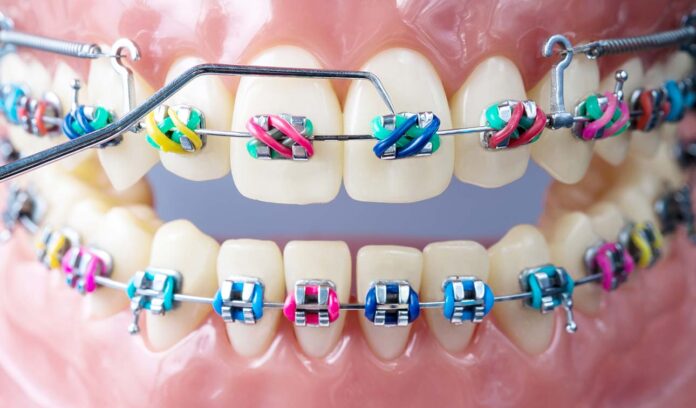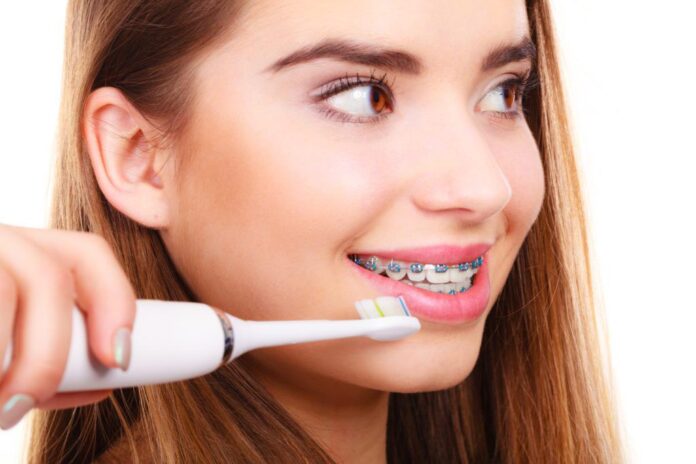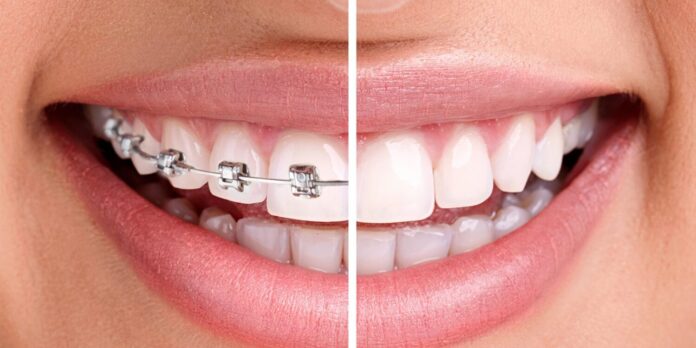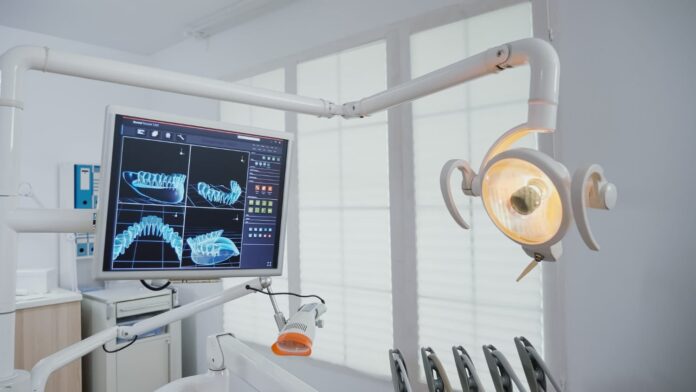Most of us heard about having a dentist to maintain oral health, but have you ever heard of an orthodontist? If not, we are here to shed light on orthodontics and how this can improve our dental health. Just like our general dentist, orthodontists can provide many oral health benefits and advice to maintain every treatment they provide.
In this article, let’s discuss the relationship between orthodontics and dental health. We will learn to understand the nature of orthodontics and a few maintenance tips for greater oral health. Without further ado, let’s start!
Understanding Orthodontics

Orthodontics might be a new concept to other people, and unfortunately, most of us are unaware that there’s a branch of dentistry that focuses on jaw and teeth alignment. While we usually consult a general dentist for cleaning, removing teeth, and having teeth prosthetics, an orthodontist is responsible for enhanced surgical treatment and even devices such as braces and retainers.
The Importance of Orthodontic Treatment
As mentioned above, orthodontic treatment is vital in maintaining oral health, especially if you have misaligned teeth or jaws. Misaligned teeth might not be a big problem. for other people, but they can cause a lot of dental problems, such as:
- Speech and Chewing Difficulties; Our teeth and jaws are an important part of our chewing process, and misaligned jaws and teeth can lead to difficulty in the chewing process.
- Tooth Decay: When teeth are crooked or close together, they can make it hard to clean between them. This makes them more likely to get plaque buildup, tooth loss, and gum disease.
- Low Self-Esteem: A smile in the right place can hurt your self-esteem and confidence, hurting your personal and business relationships.
These are just some of the problems you may encounter when you do not take the step to fix misaligned teeth and jaws. But these three problems are more than enough to show the importance of orthodontic treatment. Do not let yourself be afraid of consulting a professional to avoid having these problems in the future.
What Makes Preventive Dentistry Important?

Prevention is always better than cure, making preventive dentistry an important part of your life. Preventive dental hygiene is vital for maintaining a beautiful smile. It comprises adopting preventative measures against oral abnormalities to halt their progression before they become more significant problems. Here are some of the best preventive measures to sustain healthy dental health.
Regular Checkups
It’s common knowledge that you must schedule regular appointments with your dentist. Scheduling a regular check-up can help you and your dentist check for any problems or abnormalities that need to be fixed right away before they cause severe problems. Find the best dentist in your area to have the best service.
Professional Dental Cleanings
Cleaning is a vital part of your dental maintenance. This doesn’t just mean toothbrushing or using mouthwash. Your dentist can give you extensive cleaning care to keep your mouth healthy and clean. Professional dental cleanings can remove plaque, tartar, and spots from places on your teeth and gums that are hard to reach. This keeps your teeth and gums in good shape.
Fluoride Treatments
Most toothpaste already has fluoride, so most people believe that they don’t need fluoride treatment for their teeth. Fluoride is very important to maintain strong enamel that protects your teeth. Consult an orthodontist or a general dentist to have your fluoride treatment.
If you are looking for an orthodontist in Fredericksburg, VA, that can help with your dental needs, consider Kumra Orthodontist as your best option. They have the best lineup of services that can serve all your dental needs. From preventive dental care to extensive surgical procedures, they can help you with everything. Check them out and start with your dental care.
Maintaining Your Orthodontic Results

Of course, maintaining your orthodontic result should also be your priority, especially if you just have your procedures done. It doesn’t matter if you just had a minor surgery or braces; maintaining and doing your best to ensure the result will last should be your responsibility. Here are some tips on maintaining your orthodontic result.
- Maintain Good Oral Hygiene: Procedure or not, you should always maintain good oral hygiene is a must for every person. Proper oral hygiene requires brushing, flossing, and visiting the dentist regularly.
- Avoid Harmful Habits: We have a lot of habits that seem okay but can damage our teeth, such as nail biting or grinding teeth. Using your teeth as tools, such as opening bottles, can also damage your teeth.
- Wear Retainers: If your orthodontist just removed your braces, it’s important to wear retainers to ensure they won’t shift back consistently.
The Role of Technology in Orthodontics

With the rapid advancements in dental technology, orthodontics has significantly benefited from cutting-edge tools and techniques that have made treatments more efficient and comfortable for patients. For instance, digital impressions have replaced the often uncomfortable molds used in the past. Also, clear aligner therapies, like Invisalign, offer a discreet alternative to traditional metal braces, allowing adults and teens to straighten their teeth without the noticeable metal brackets.
Furthermore, 3D imaging provides orthodontists with a precise view of the teeth and jaw structure, enabling a more accurate diagnosis and personalized treatment plans. Embracing these innovations, modern orthodontics is not only about correcting dental issues but enhancing the overall patient experience.
Conclusion
The intricacies of orthodontics extend far beyond the realm of mere aesthetics. As we’ve journeyed through the pivotal roles it plays in dental health, it becomes evident that orthodontics is a proactive approach to long-lasting oral well-being.
By addressing malocclusions, bite discrepancies, and other dental anomalies at their nascent stages, orthodontics forestalls potential complications, ensuring that our smiles remain not just beautiful but also healthy. It’s a proactive commitment, where timely interventions today translate to a lifetime of radiant, trouble-free smiles. Let’s celebrate orthodontics not just as the art of aligning teeth but as the science of safeguarding smiles for generations to come.






